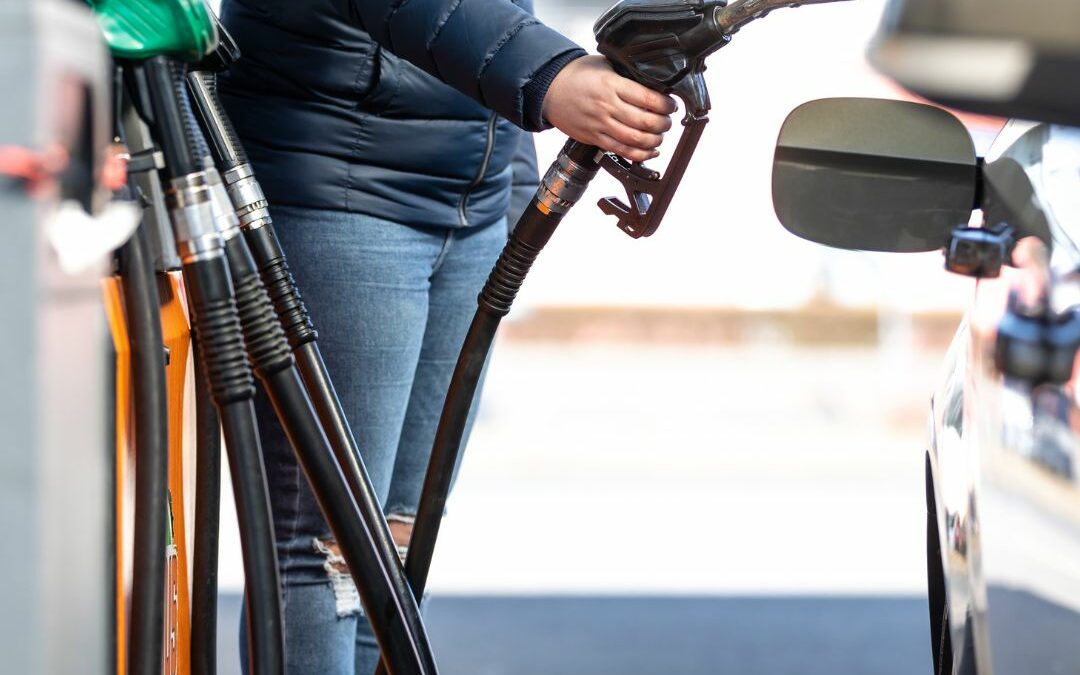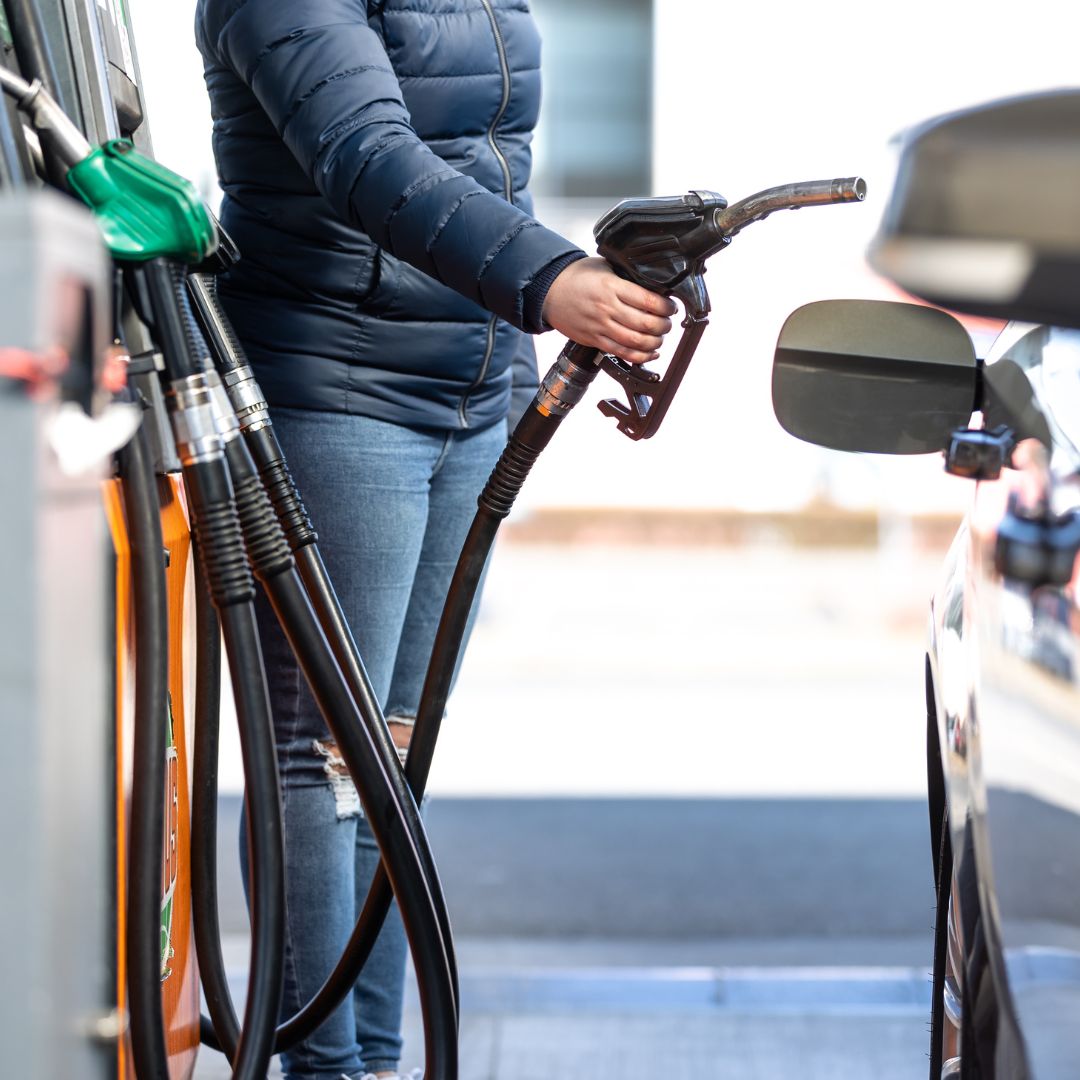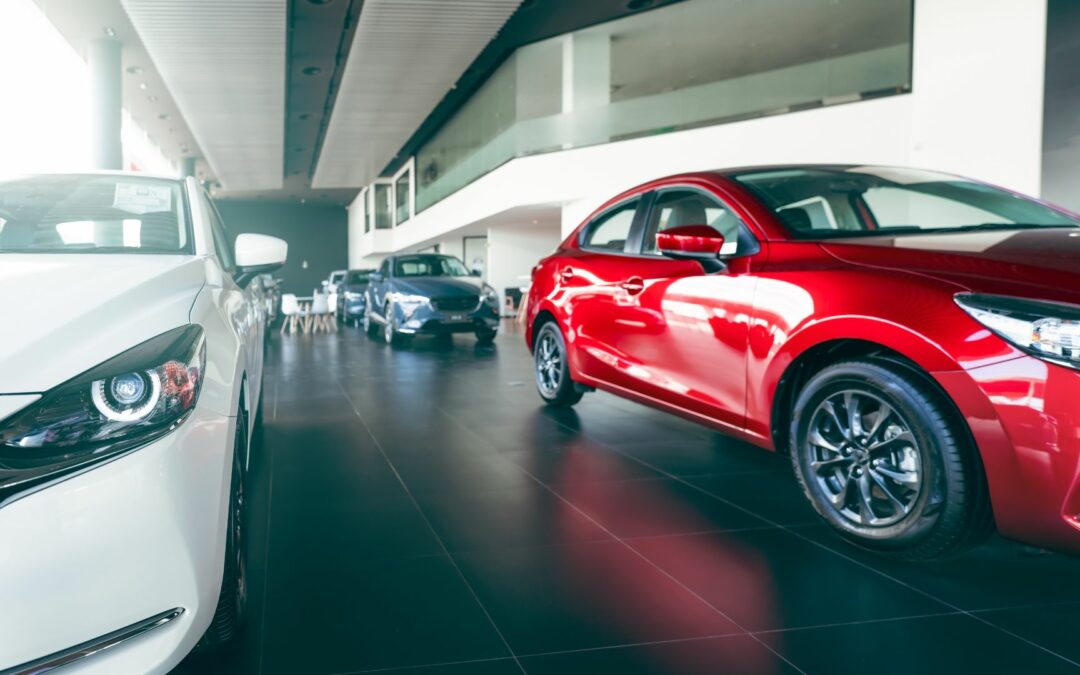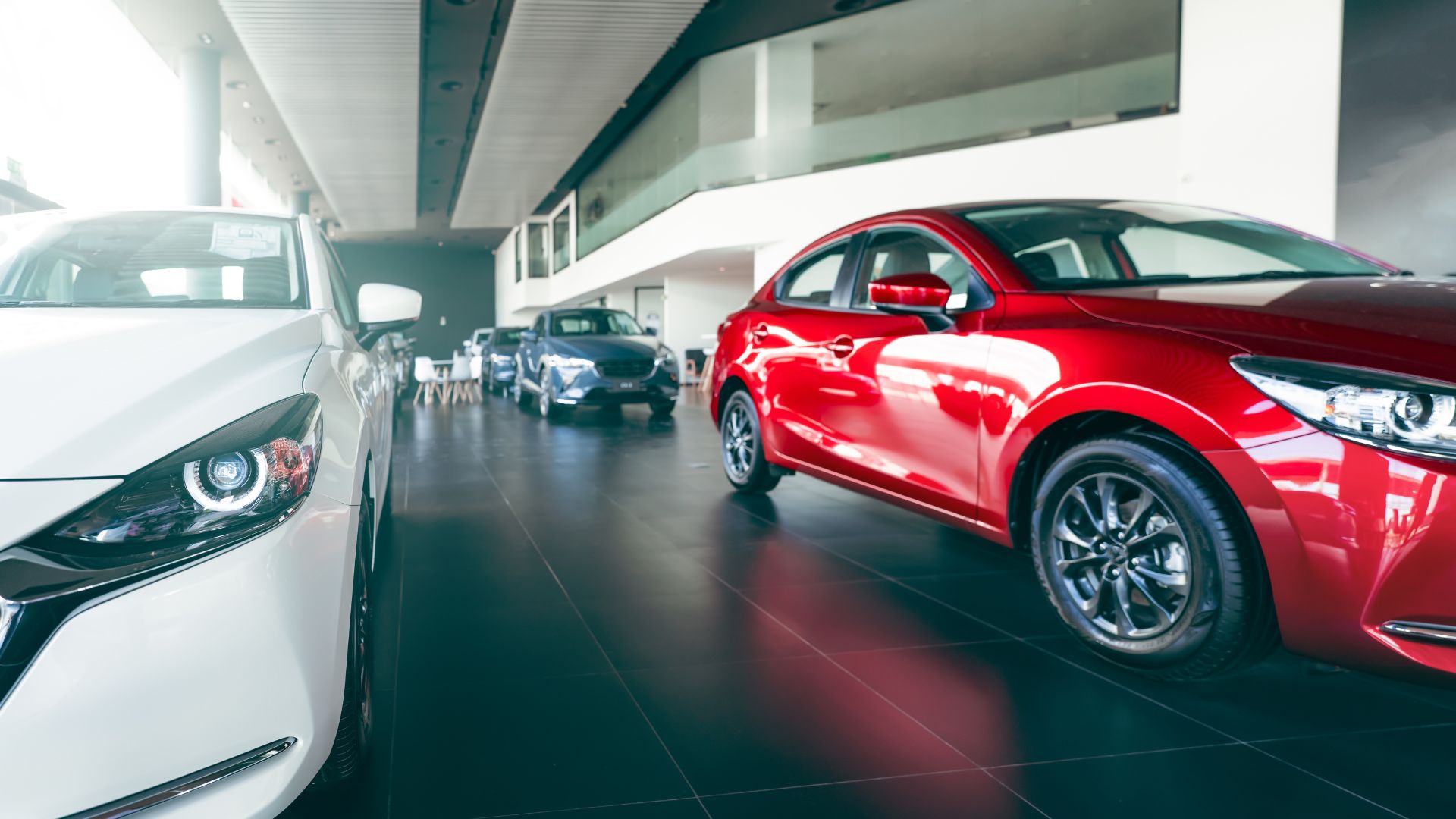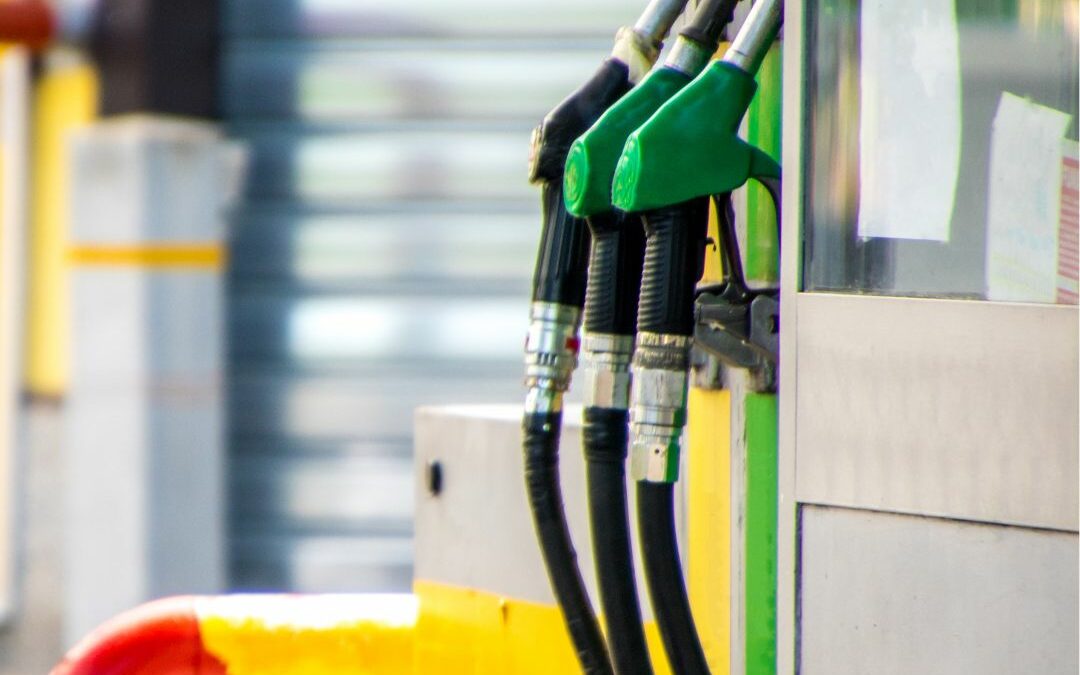
Is your local petrol station selling diesel below unleaded?
Drivers across the UK are familiar with diesel being sold for a higher price per litre than unleaded petrol. Currently, the average diesel per litre price is just below £1.57, while unleaded retails on average at £1.49. However, some stations are bucking the trend and are selling diesel at or below the level of unleaded.
We have identified just over 70 stations across the United Kingdom where diesel prices are below unleaded. This is less than 0.5% of stations in the UK, so it’s still a very rare sight.
Are they selling unleaded at a high price?
Many of the stations pricing diesel below unleaded are smaller independent operators and are generally in more rural areas. So, these tend to sell fuel at a higher price than the national average. However, 28 petrol stations are pricing unleaded below the current national average, and there isn’t a trend to indicate higher-than-normal unleaded prices for these stores.
Essar in Grindley Brook is currently chaarging diesel at 141.9ppl and unleaded at 143.9ppl, both significantly below the UK average. (30/04/2024)
In our analysis, only one supermarket station had diesel and unleaded priced at the same value. That is Sainsbury’s Kelso in the Scottish Borders. The price of both products is 152.9ppl (30/04/2024). It’s a good deal for diesel drivers, but it’s the highest unleaded of any Sainsbury’s petrol station.
Gulf was the most common brand to have diesel at or below unleaded, with 13 locations meeting this criterion. These sites do tend to be in rural areas, so both unleaded and diesel can be higher than the national average. However, this isn’t always the case.
Gulf Oasis in Long Riston near Hull is currently pricing diesel at 147.9ppl and unleaded at 148.9ppl (01/05/2024)
Drivers in Northern Ireland are the most likely to see diesel prices at or below unleaded. Twenty-five of the stations are in Northern Ireland. So, not only are you likely to pay less in Northern Ireland for unleaded or diesel, but you are also seven times more likely to pay the same or less for diesel than you are in the rest of the United Kingdom.
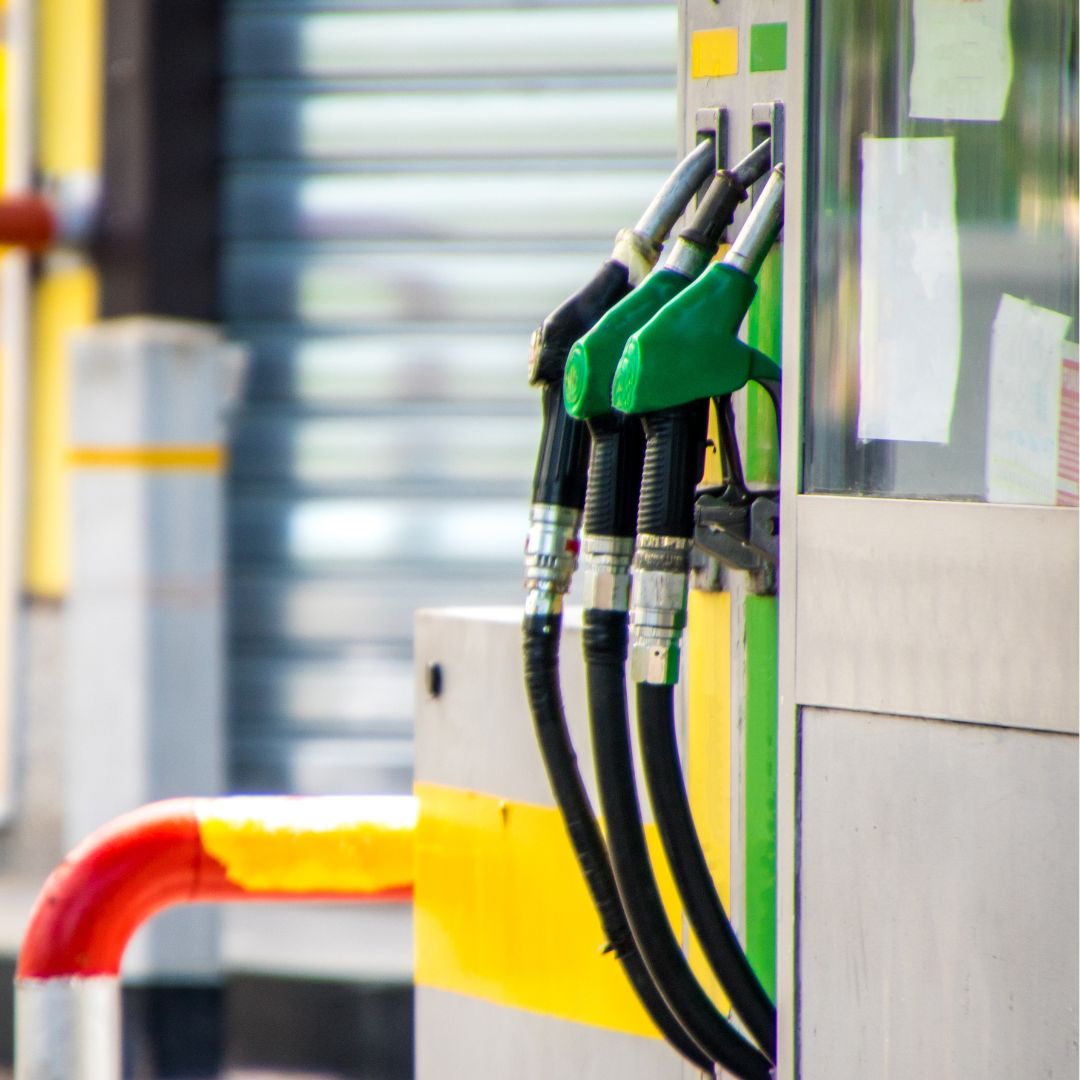
So, will we see more of this?
Possibly. Diesel isn’t trading at a premium to unleaded in the wholesale market. Where independent retailers are pushing down on diesel prices, supermarkets will need to follow suit to see a wider change in the pricing status quo.
Brent crude oil prices have fallen slightly from the start of April, when they touched $91 a barrel. Prices did gain some momentum in the last week of April before falling away slightly to close the month a little over $86 a barrel.
We have also seen Sainsbury’s, Tesco and Morrisons drop diesel prices in the last few days while unleaded has remained constant. However, with the average difference between grades hovering around 7- 8 pence per litre, there is a long way to go before the majority of drivers see price parity between grades at the supermarkets.
Do you have a station near you that’s selling diesel below unleaded? Share your experience in the comments below.




